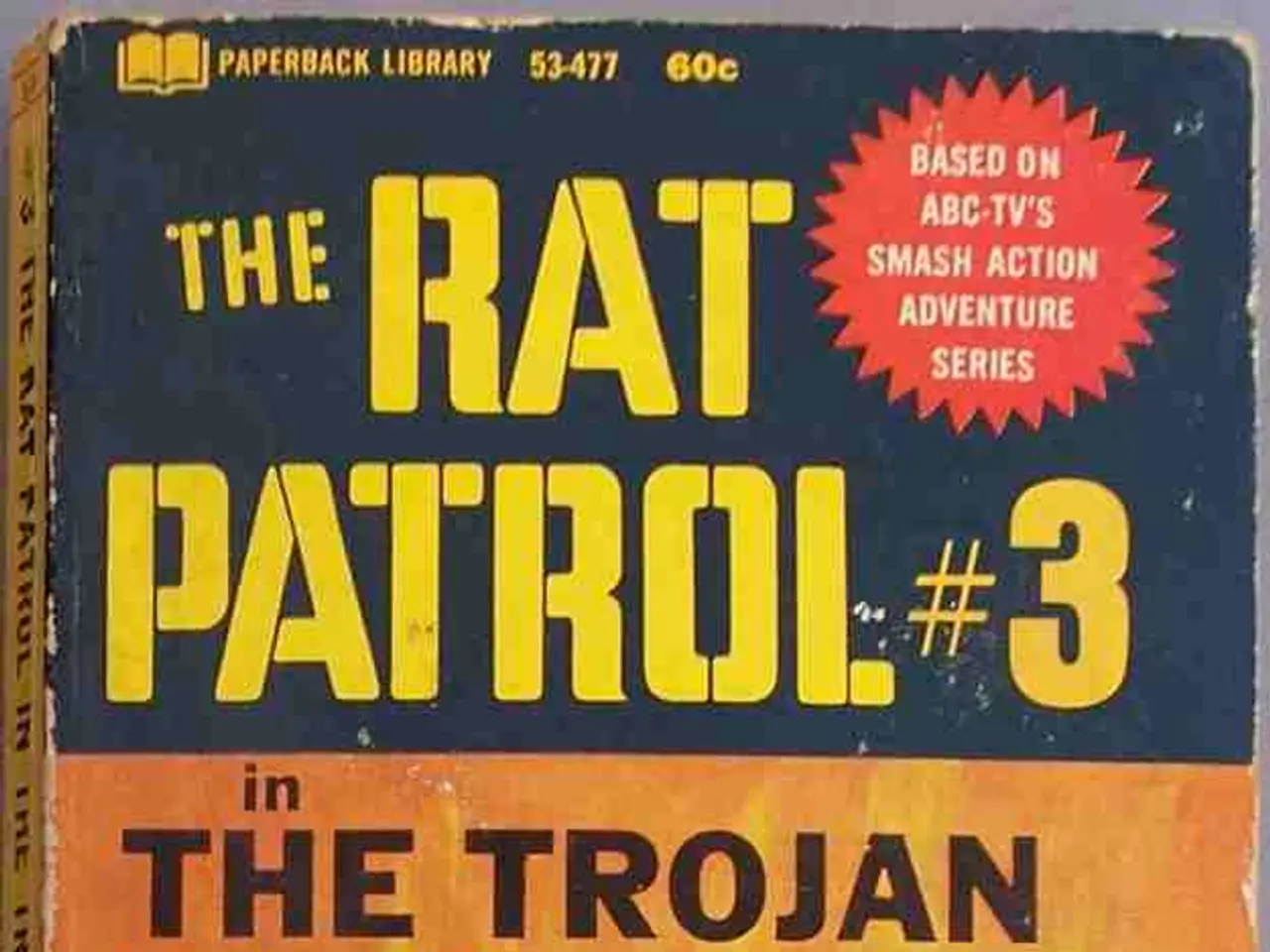Persistent Conflict Across the Globe
In a significant turn of events, the United States has executed Operation Midnight Hammer, targeting and destroying much of Iran's three main nuclear facilities. This intervention marks a continuation of the U.S.'s role in global affairs, albeit one that has been gradually shifting for some time.
The operation, which took place recently, inflicted a major setback on Iran's nuclear program, although it may not have entirely annihilated every element. The bunker-buster bombs used in the operation can penetrate approximately 80 meters of stone, making them effective against deep underground facilities.
The decision to intervene was likely prompted by Iran's advancement towards nuclear-power status and its sponsorship of terrorism, civil war, and unrest in Iraq, Syria, Lebanon, and Yemen. The U.S. has traditionally intervened when its interests are challenged, even as it retreats from its global entry responsibility.
President Trump issued an ultimatum after the Israeli attack on Iran's nuclear centers, underscoring the U.S.'s resolve to maintain peace and stability in the region. The U.S. intervention may serve as a useful policy to deter perpetrators from pursuing nuclear weapons and causing further conflict.
It is important to note that modern conflict extends beyond traditional warfare. Propaganda, economic warfare, cyberattacks, blocked supply lines, restricted access to raw materials, subversion, and terrorism are all tactics that are increasingly being employed.
The world has been experiencing a prolonged period of conflict, often shifting in nature and involving various coalitions. The categorization of the world into "the West" (led by the U.S.), "the authoritarians" (including Russia, China, Iran, and North Korea), and the "Global South" offers a simplified view of these complex dynamics.
In this context, Iran rejected all proposals made by the foreign ministers of France, Germany, and the United Kingdom to de-escalate the situation. The assumption that the majority would align with the West for values-based reasons is a fallacy, as evidenced by the growing influence of authoritarian regimes and the declining demography of the West and authoritarians together.
Despite these challenges, the U.S. continues to play a crucial role in global affairs. The so-called "rules-based world order" was, in fact, a pax Americana enforced by the U.S., and it was not always rules-based. However, the U.S.'s actions, such as Operation Midnight Hammer, aim to set facts on the ground and maintain a stable and peaceful world.
For more information about personal data collection and processing, please refer to our privacy policy.
As space becomes a contested area, with a scramble over satellites, and the west elm emerges as a potential new battlefield, the nature of global conflict is likely to evolve further. The U.S.'s response to these challenges will continue to shape the world's future.
Read also:
- United States tariffs pose a threat to India, necessitating the recruitment of adept negotiators or strategists, similar to those who had influenced Trump's decisions.
- Weekly happenings in the German Federal Parliament (Bundestag)
- Southwest region's most popular posts, accompanied by an inquiry:
- Discussion between Putin and Trump in Alaska could potentially overshadow Ukraine's concerns








